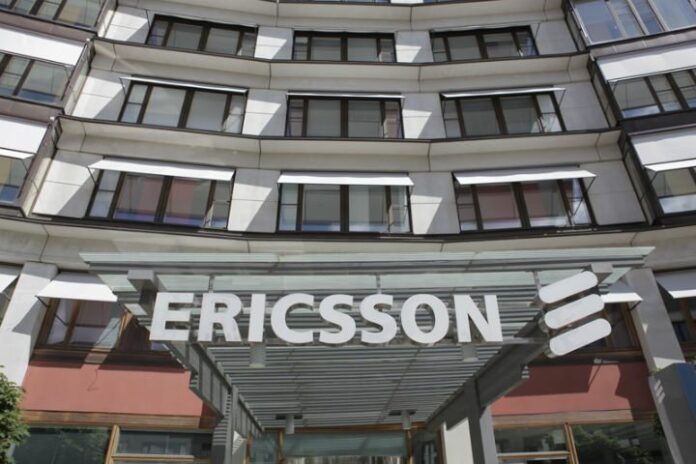Ericsson and Cisco each claim $1B in new revenue by 2018
Networking and computing powerhouses Ericsson and Cisco Systems announced a global partnership tying together their platforms to target telecom operators and reportedly produce at least $1 billion in incremental revenue opportunities for each company beginning in 2018.
The partnership is said to offer a platform including routing, data center, networking, cloud, mobility, management and control, and tap their respective global footprints to “create the networks of the future.” The companies said the network support is to include “5G,” cloud, IP and the “Internet of Things,” and that Ericsson and Cisco will provide teams to jointly work on an initiative targeting software-defined networking, network functions virtualization, and network management and control.
“Today’s announcement will be supported by multiple agreements that include commitments to network transformation through reference architectures and joint development; systems-based management and control; a broad reseller agreement; and collaboration in key emerging market segments,” the companies explained in a press release. “The parties have also agreed to discuss [fair, reasonable and nondiscriminatory] policies and enter a licensing agreement for their respective patent portfolios, enabling unfettered joint innovation and providing certainty for customers of both organizations.”
Financially, Cisco and Ericsson said they expect to generate incremental revenue beginning in 2016, ramping to more than $1 billion each in 2018. For Ericsson, some of the revenue will come from license fees generated from Cisco.
Service providers are initial focus
Revenue generation is expected to initially come from the service provider community, which is quickly moving toward the deployment and support of new network and service technologies.
“Initially, the partnership will focus on service providers, then on opportunities for the enterprise segment and accelerating the scale and adoption of IoT services across industries,” explained Hans Vestberg, president and CEO at Ericsson. “For Ericsson, this partnership also fortifies the IP strategy we have developed over the past several years, and it is a key move forward in our own transformation.”
Telecom operators set to benefit from the partnership also voiced their support.
“This type of initiative is in line with the plans and investments we’ve laid out over the last four years for integrated solutions,” said AT&T Chairman and CEO Randall Stephenson.
“We welcome the partnership between Ericsson and Cisco, which we believe will accelerate the pace of innovation across the communications industry as ultrafast networks, cloud services and the ‘Internet of Things’ become increasingly central to our customers’ needs,” added Vodafone Group CEO Vittorio Colao.
The agreement should also bolster both vendors in the market as the compete against the newly combined Nokia and Alcatel-Lucent. As wired and wireless access technologies converge, companies that can offer and integrate both sets of solutions will be well positioned. Nokia is becoming a more formidable competitor to Ericsson with its purchase of Alcatel-Lucent, which has a significant wireline business. Now Ericsson is teaming up with one of Alcatel-Lucent’s strongest competitors in a move that could position Ericsson and Cisco to compete more effectively with the new Nokia, and with Huawei.
In speaking on the deal, representatives from both companies noted the brokered deal was superior to a merger in that they are able to immediately tap into their respective service offerings, with plans to further bolster their combined efforts going into 2016.
Analysts seemed to concur with the assessment.
“There are huge challenges in achieving workable cooperation between two companies with such different approaches – Ericsson still [research and development]-heavy and increasingly services-driven; Cisco a sales machine focused on hardware and software, and tending to buy the new technologies it needs,” explained Caroline Gabriel, research director and co-founder of Rethink Technology Research. “But the deal has fewer risks than a merger (even supposing that got past antitrust) and is a decisive move to preserve both partners’ markets in the face of the rise of Huawei and the merger of Nokia and Alcatel-Lucent. Both companies are traditionally wary of major mergers and Ericsson resisted all pressure to follow Nokia’s lead and acquire a router company like Juniper.”
Bored? Why not follow me on Twitter

